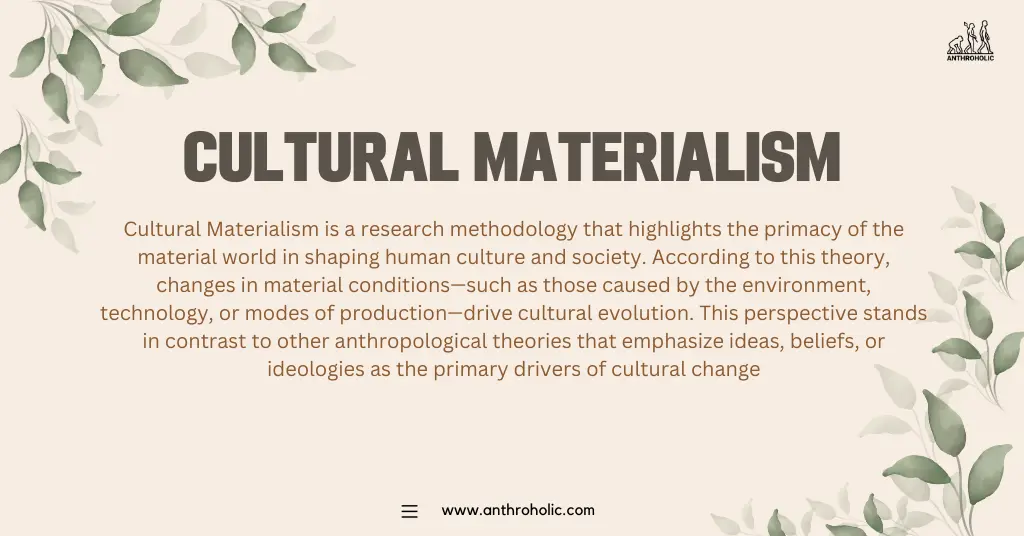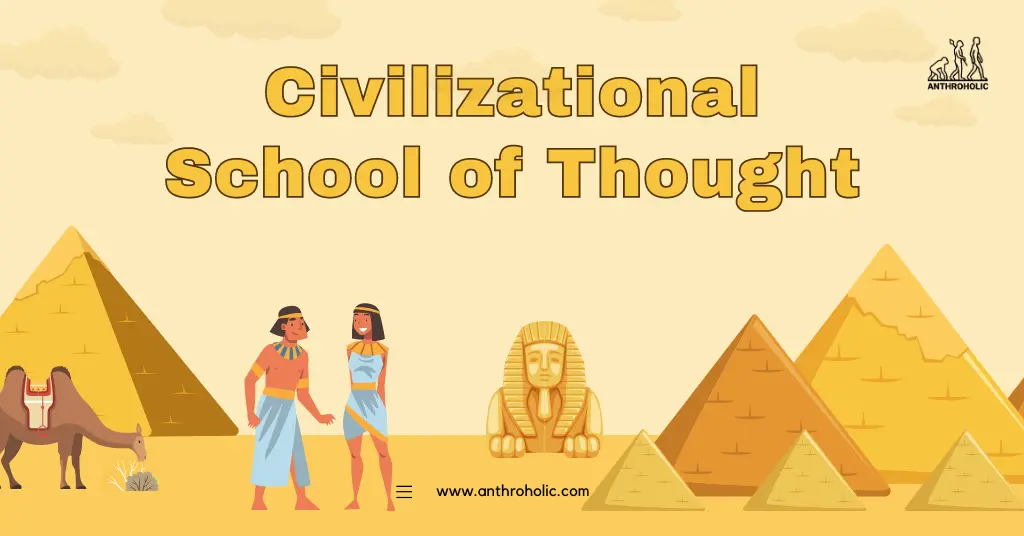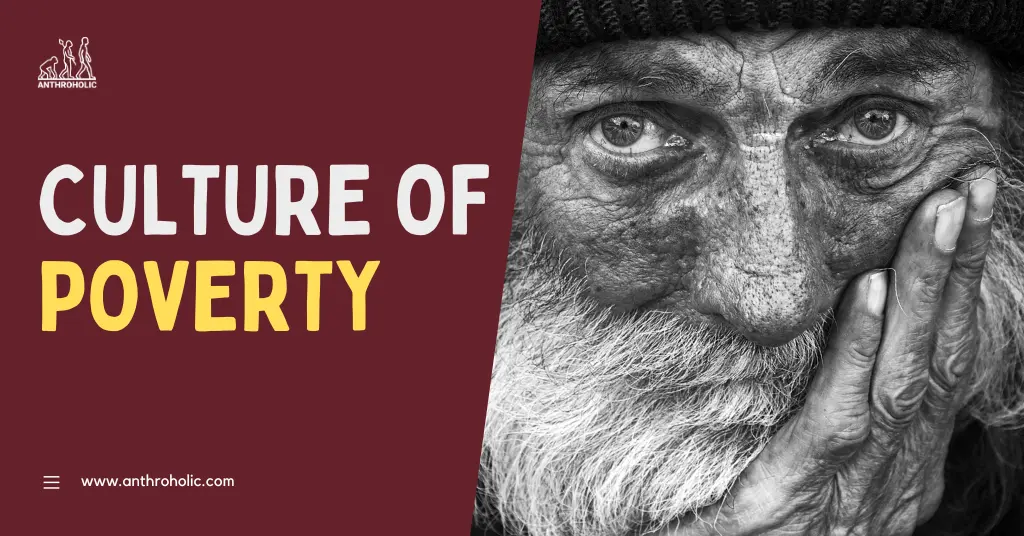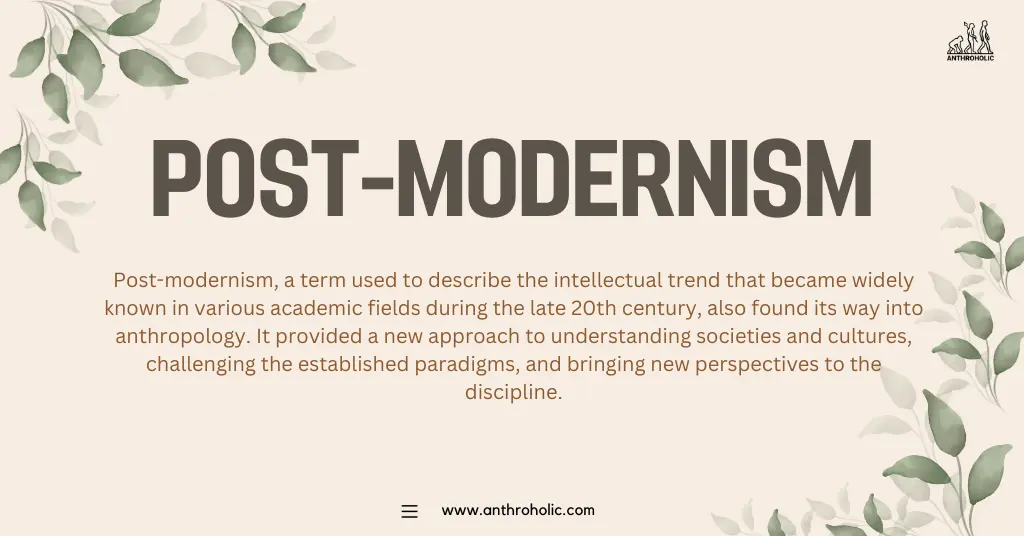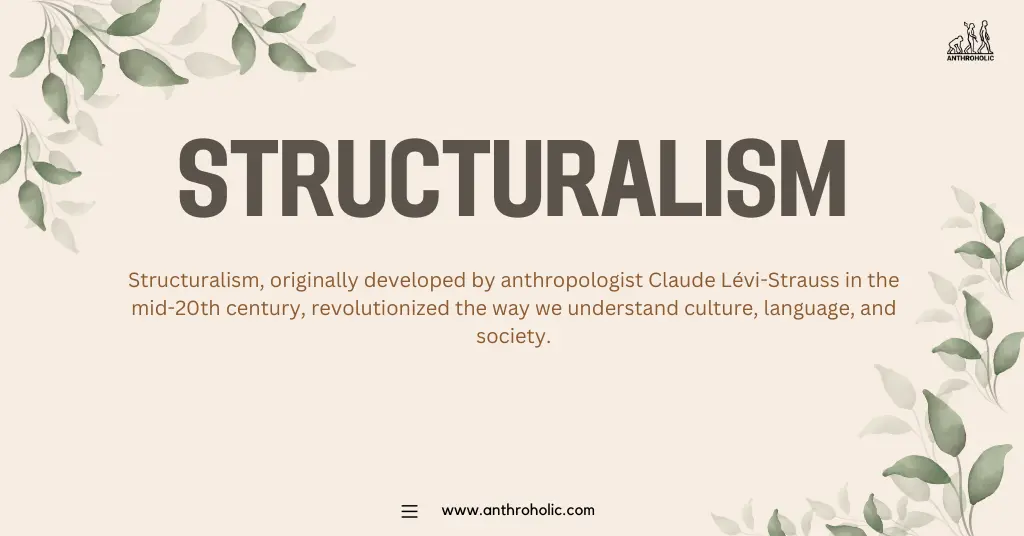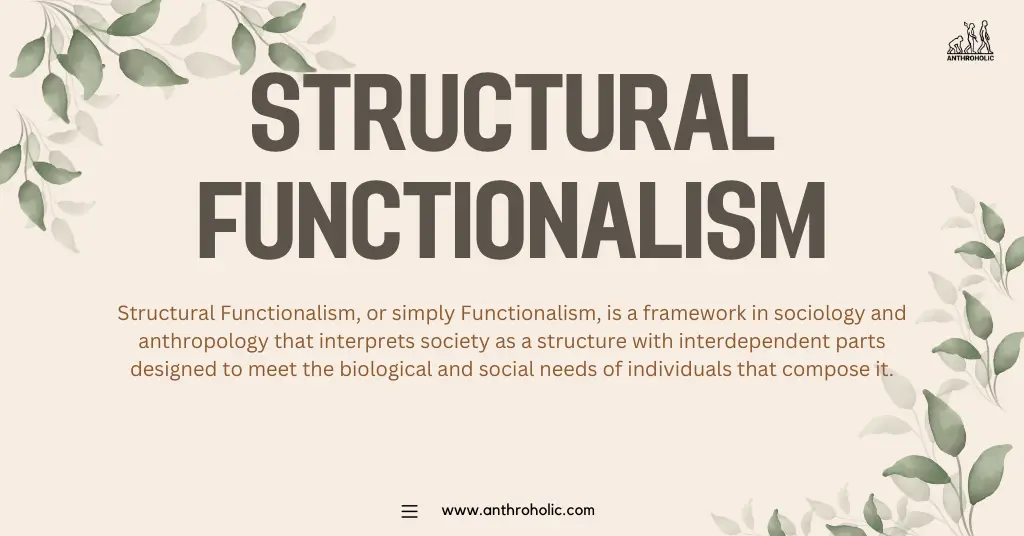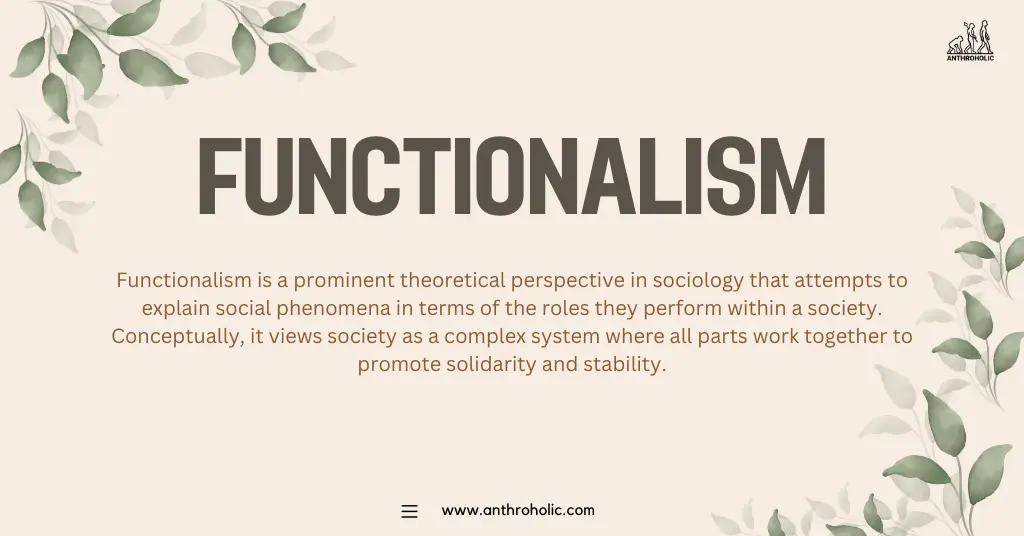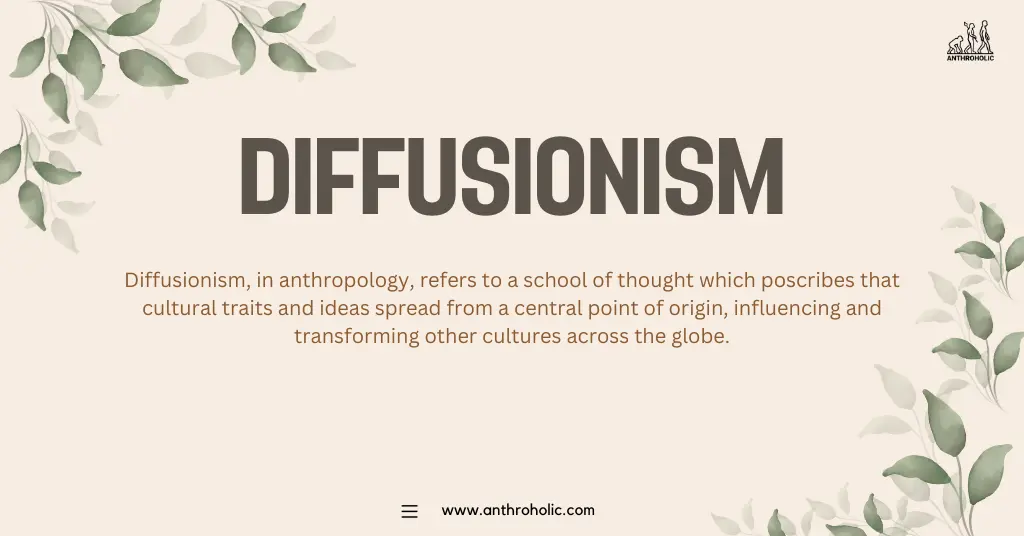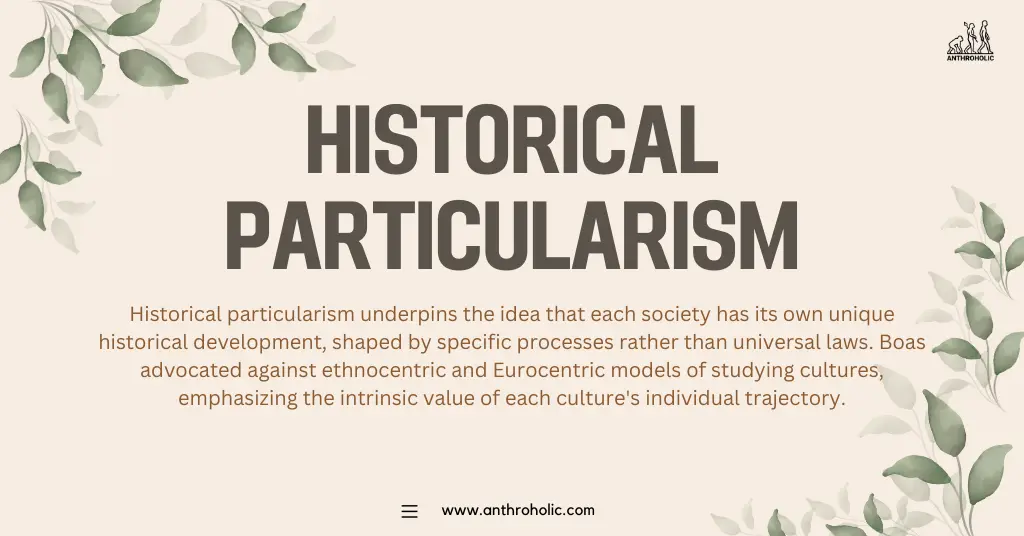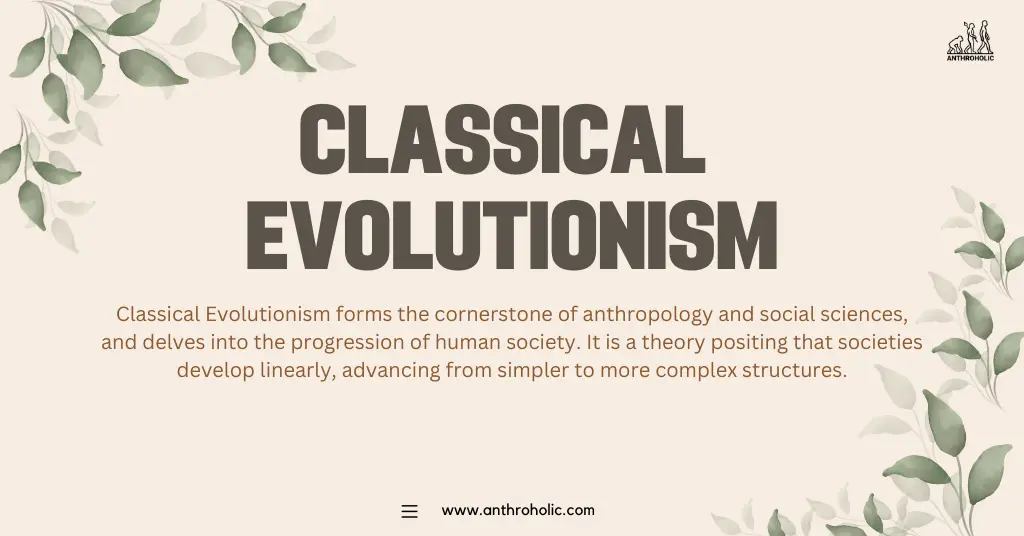AI Answer Evaluation Platform Live Now. Try Free Answer Evaluation Now
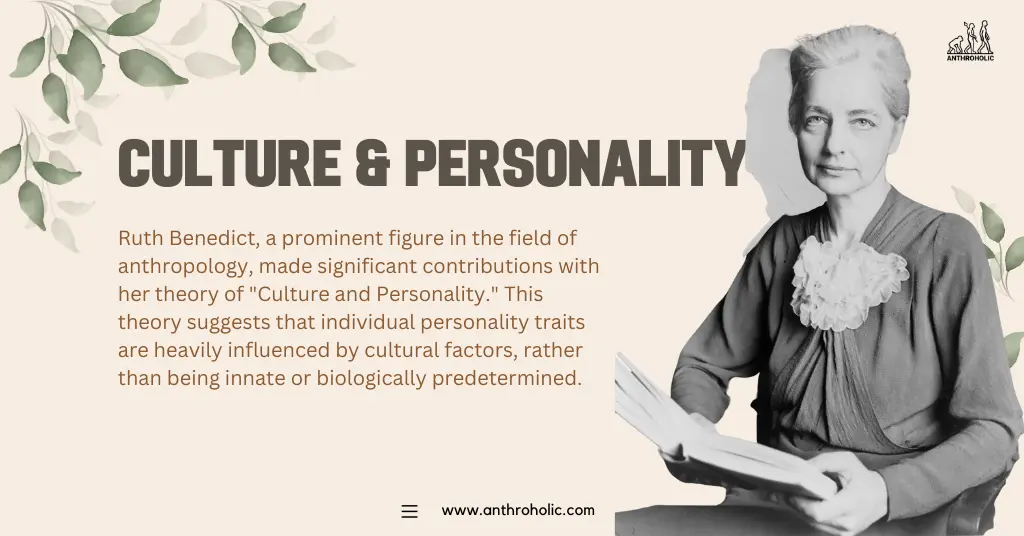
Culture and Personality
Ruth Benedict, a prominent figure in the field of anthropology, made significant contributions with her theory of "Culture and Personality." This theory suggests that individual personality traits are heavily influenced by cultural factors, rather than being innate or biologically predetermined.
